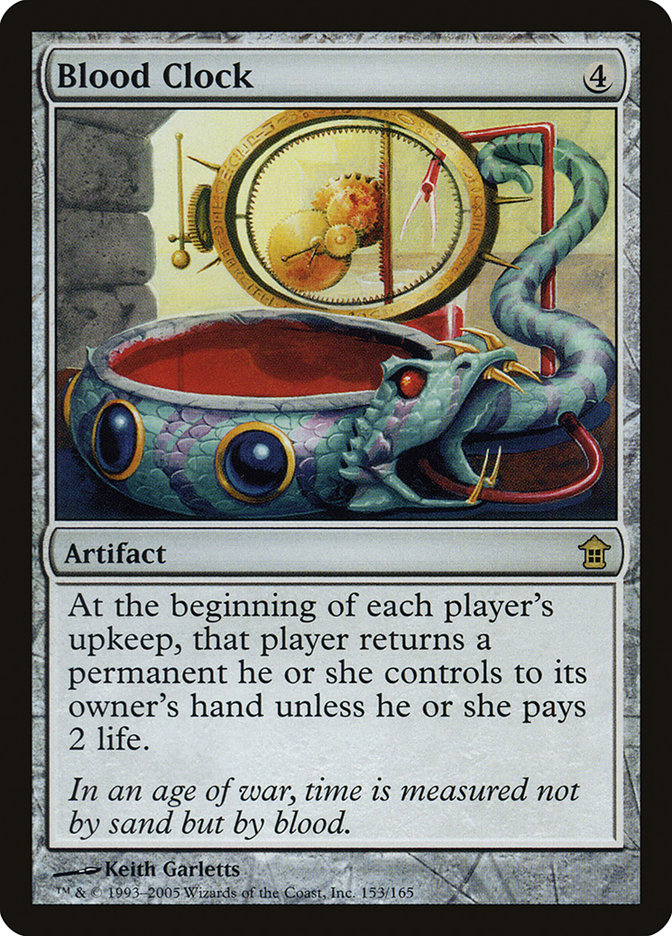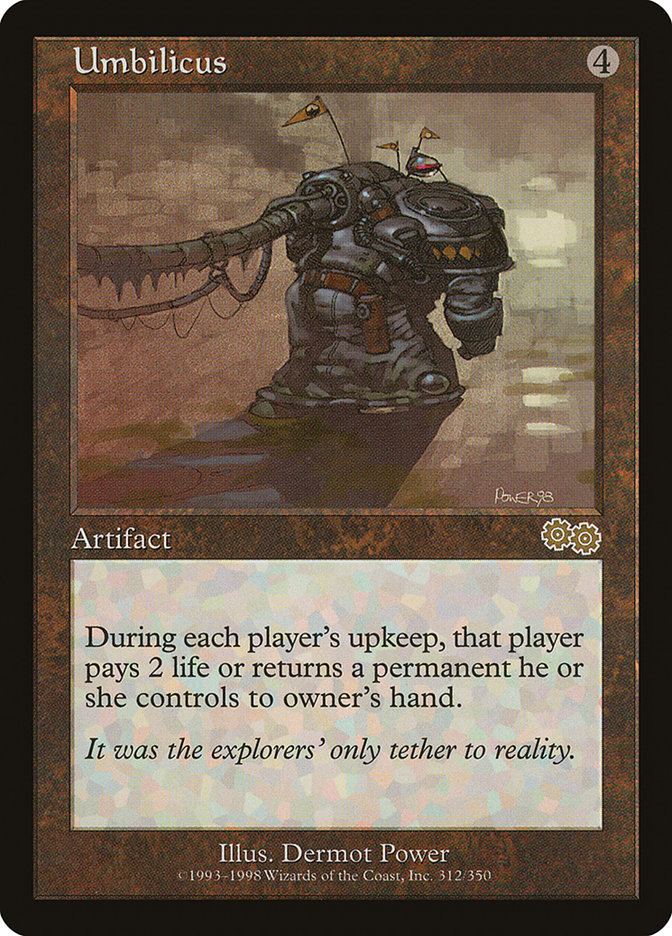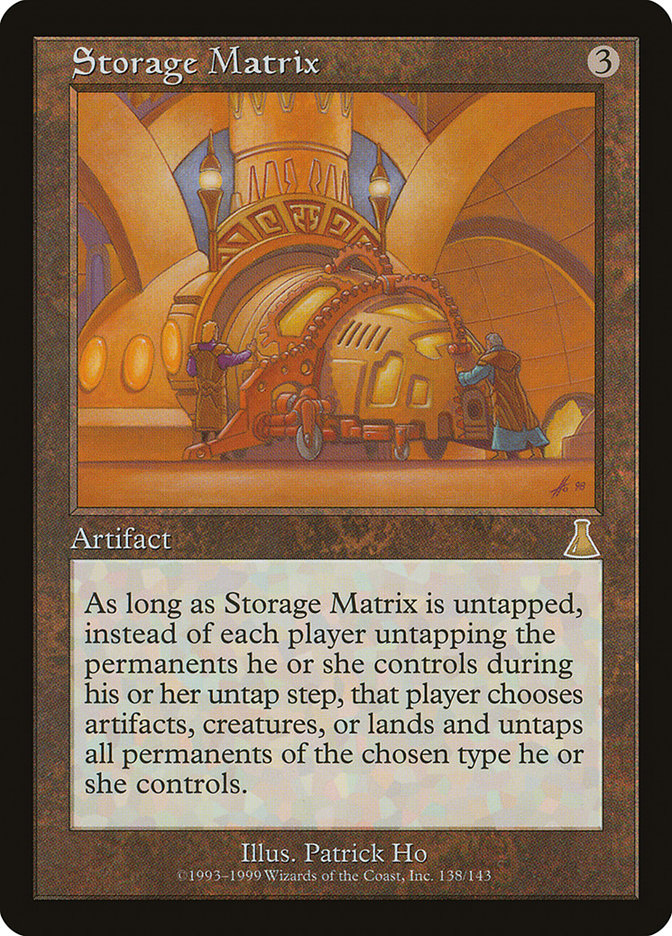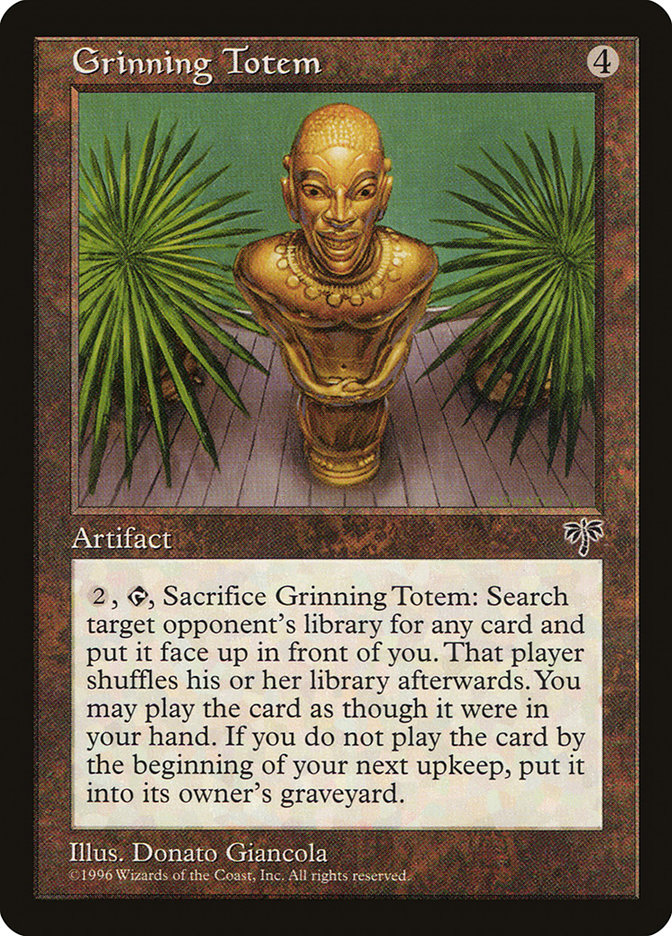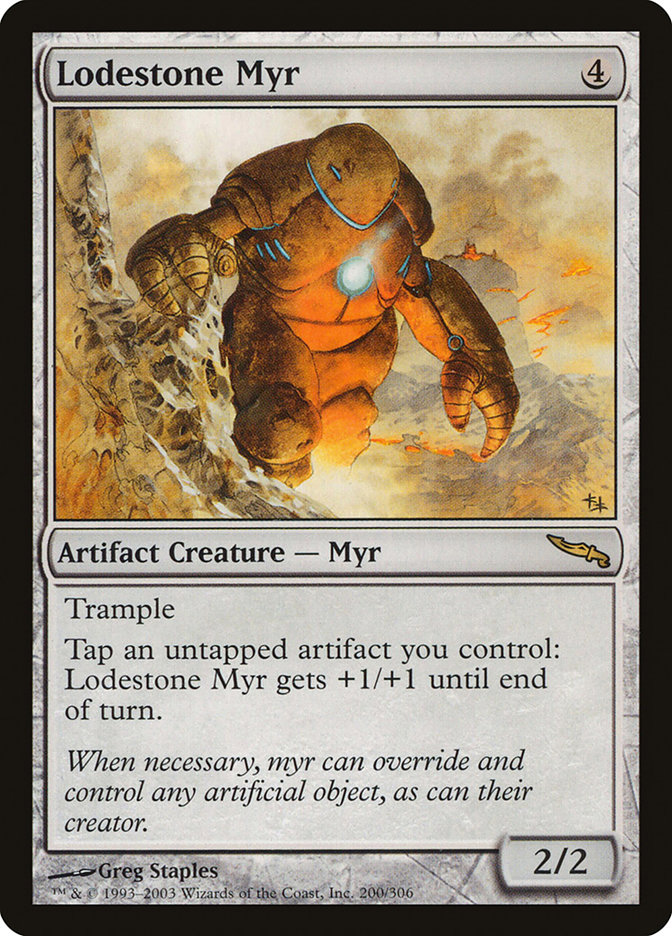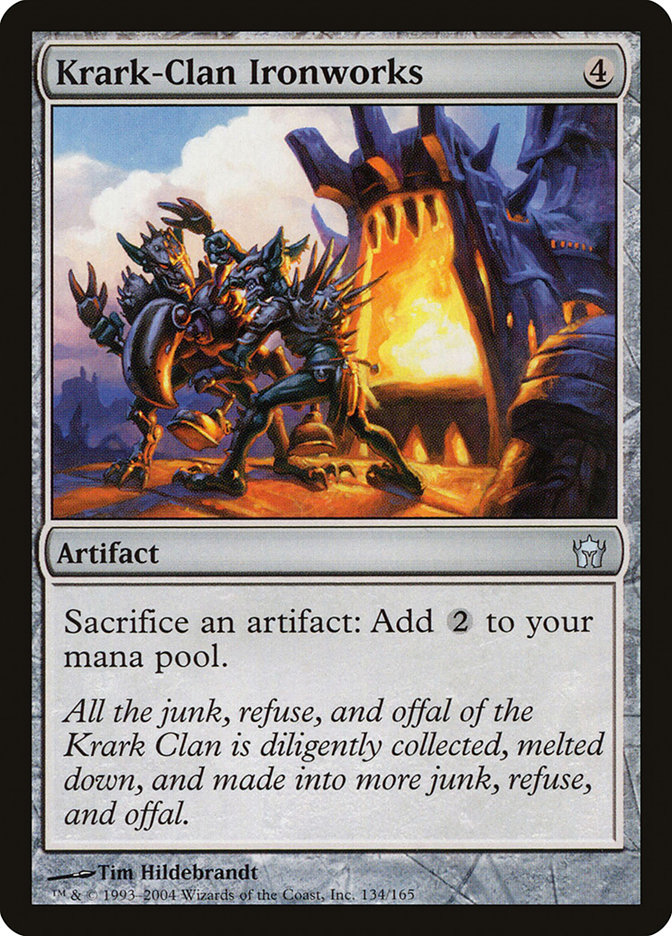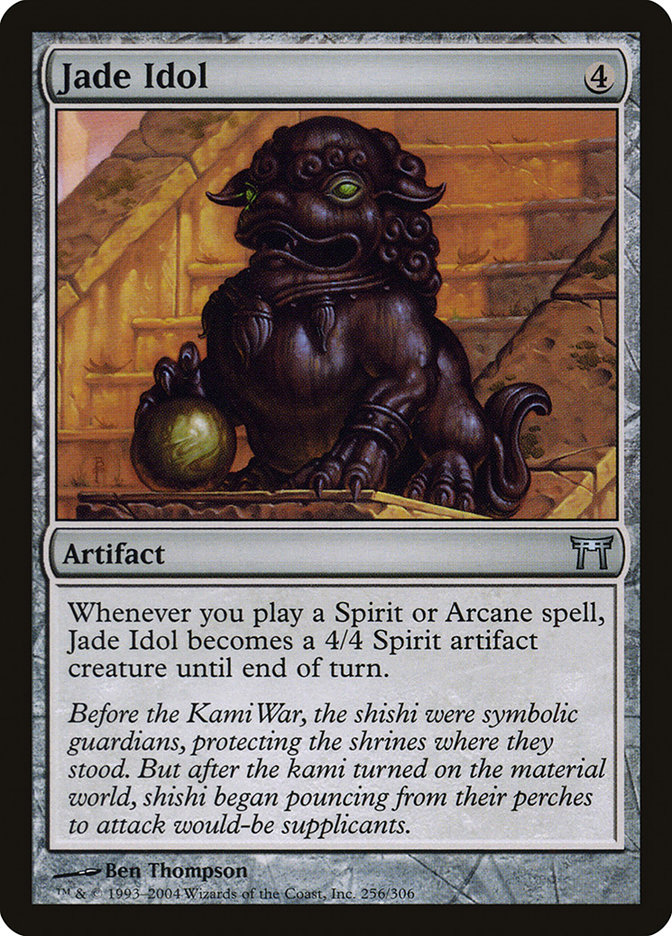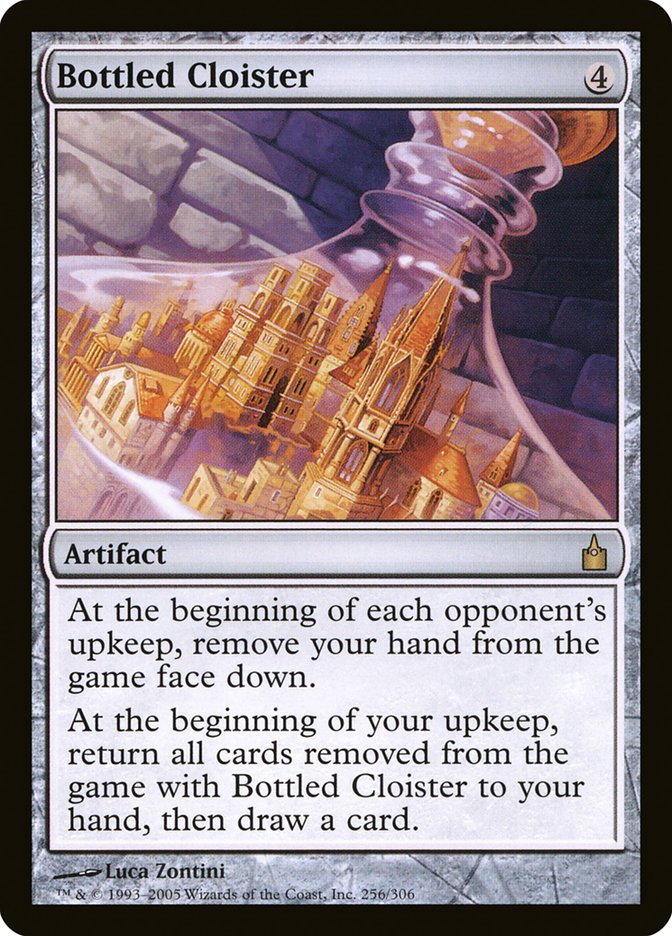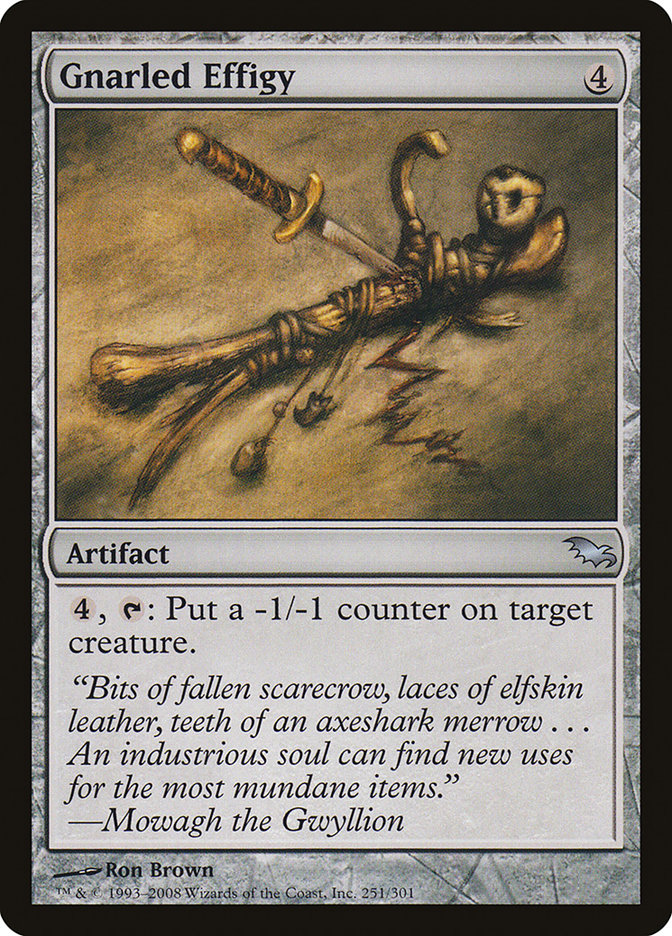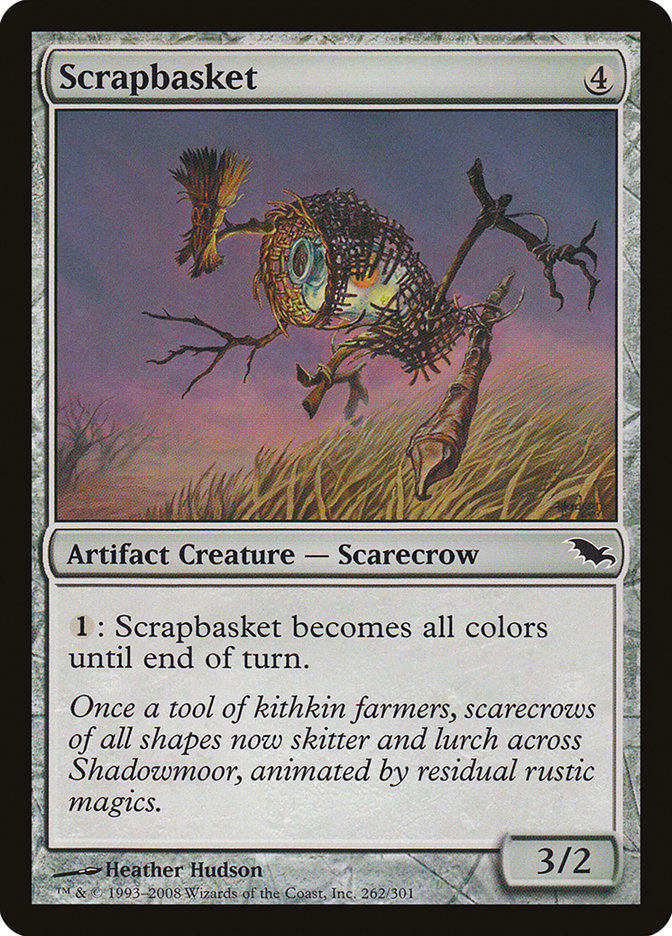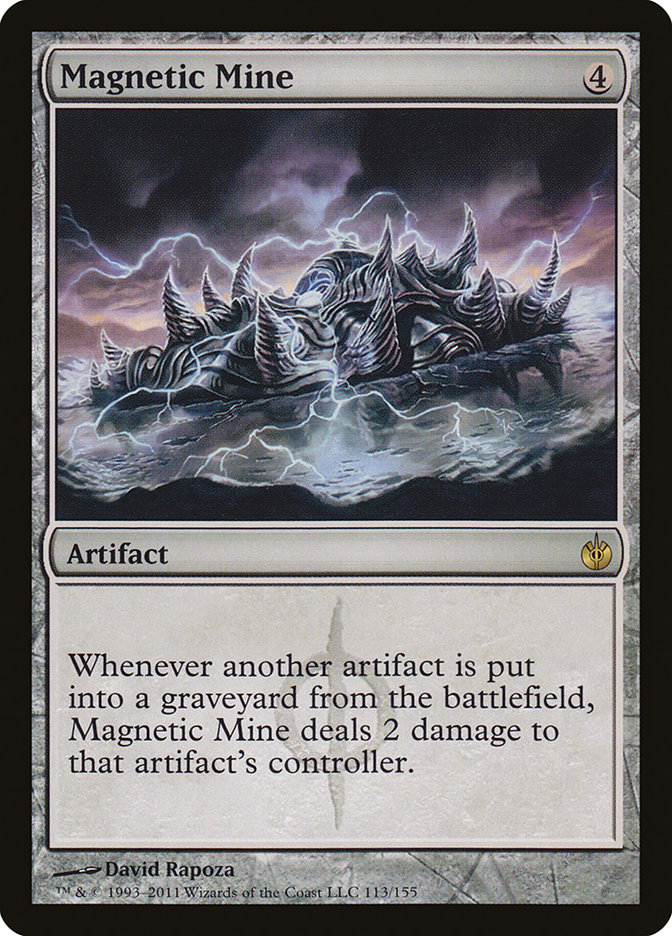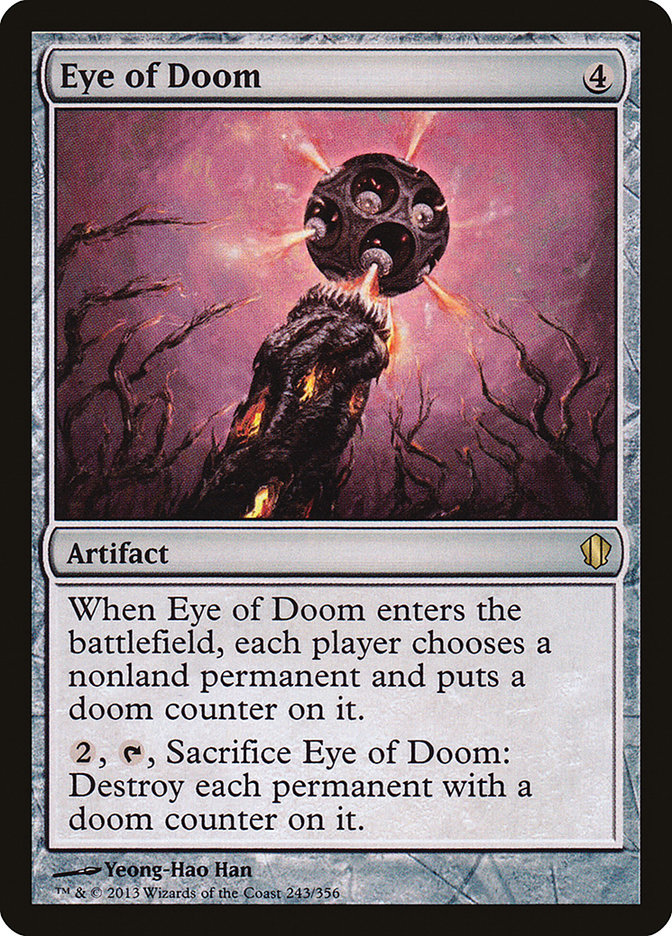Blood Clock MTG Card
| Card sets | Released in 2 setsSee all |
| Mana cost | |
| Converted mana cost | 4 |
| Rarity | Rare |
| Type | Artifact |
Text of card
At the beginning of each player's upkeep, that player returns a permanent he or she controls to its owner's hand unless he or she pays 2 life.
In an age of war, time is measured not by sand but by blood.
Cards like Blood Clock
Blood Clock is an intriguing artifact in the realm of MTG, drawing parallels with other cards that manipulate turn-based actions. Take for instance, Umbilicus, which is practically its twin, sharing the exact bounce-back effect by returning permanents to their owner’s hand unless they pay 2 life during their upkeep. While Blood Clock offers the same choice with the slight twist of paying 2 mana, both cards stir the game into a tactical dance of resource allotment and strategic planning.
Another related piece is the Storage Matrix. Although it doesn’t involve hand manipulation, it constrains the untap phase, making players choose between untapping lands, creatures, or artifacts. Its disruptive nature, akin to Blood Clock’s, injects a level of complexity to the timing of plays and resource management.
Upon examining these artifacts, it’s clear that Blood Clock holds its own as a formidable option for MTG enthusiasts looking to introduce an element of control and tempo adjustment to their decks, a dynamic that can be pivotal in prolonged games where strategic advantages are key.
Cards similar to Blood Clock by color, type and mana cost
Card Pros
Card Advantage: Blood Clock offers a unique mechanism to retrieve valuable permanents from the battlefield back to your hand. This can be effectively used to capitalize on enter-the-battlefield effects multiple times, ensuring you have a steady stream of utility and options each turn.
Resource Acceleration: Cleverly navigating the nuances of Blood Clock can accelerate your resources by giving you access to your own permanents repeatedly. This can be especially potent if you are manipulating costs and benefits to gain an edge over your opponent over the course of a match.
Instant Speed: While Blood Clock itself is not an instant, it synergizes well with instant speed plays. It creates a scenario where opponents must carefully consider their moves or risk falling into a tempo disadvantage. Integrating instant speed spells alongside Blood Clock can force opponents to act, making your plays more potent during their turns.
Card Cons
Discard Requirement: The Blood Clock can often force players into tough decisions about which card to return to their hand. If no spare permanents are available, valuable board position might be lost.
Specific Mana Cost: Blood Clock requires a mix of generic and specific mana to cast. This dual-color requirement can sometimes complicate casting within mono-colored or color-limited decks.
Comparatively High Mana Cost: With a casting cost of four mana, Blood Clock occupies a crucial turn in many game strategies. Considering this, some players might find other four-mana options that advance their board state or offer immediate impact more appealing.
Reasons to Include Blood Clock in Your Collection
Versatility: Blood Clock is a unique artifact that can slip into a variety of deck builds, notably those that revolve around recurring permanents for added value or untapping creatures for repeated use. Its ability to return permanents to hand each turn can be exploited in decks tailored to reuse enter-the-battlefield effects.
Combo Potential: In conjunction with cards that have beneficial enter-the-battlefield or sacrifice effects, Blood Clock can be a cornerstone in some powerful combos. This synergy allows players to craft a roundabout engine, triggering abilities consistently throughout the duel.
Meta-Relevance: In formats where the game pace is slower and strategies lean towards value generation, Blood Clock can shine by disrupting opponents’ board states while advancing your game plan. In metagames heavy on creature-based tactics, it can become particularly disruptive.
How to beat
Blood Clock is an intriguing artifact that can potentially disrupt both your and your opponent’s game plans in MTG. It requires each player to return a permanent they control to their hand at the beginning of their upkeep, or pay 2 life. To turn this to your advantage, it is crucial to have a strategy that mitigates the Blood Clock’s impact on your board while maximizing its inconvenience for your opponent.
One effective approach is to incorporate low-cost or value-generating permanents into your deck that can be replayed easily. This way, you minimize the clock’s downside for yourself. Cards with enter-the-battlefield effects or creatures you can cast for a reduced cost can turn the Blood Clock’s ability into a recurring advantage. On the other hand, your opponent may not be as prepared, and the consistent loss of a permanent or life can quickly tip the game in your favor. Forcing them into a tough decision each upkeep can lead to a winning position for a well-prepared player. Keep in mind evasion tactics such as enchantment removal or abilities that nullify triggered abilities. Technical play combined with strategic deck building is key to outpace the Blood Clock’s ticking challenge.
Where to buy
If you're looking to purchase Blood Clock MTG card by a specific set like Saviors of Kamigawa and The List, there are several reliable options to consider. One of the primary sources is your local game store, where you can often find booster packs, individual cards, and preconstructed decks from current and some past sets. They often offer the added benefit of a community where you can trade with other players.
For a broader inventory, particularly of older sets, online marketplaces like TCGPlayer, Card Kingdom and Card Market offer extensive selections and allow you to search for cards from specific sets. Larger e-commerce platforms like eBay and Amazon also have listings from various sellers, which can be a good place to look for sealed product and rare finds.
Additionally, Magic’s official site often has a store locator and retailer lists for finding Wizards of the Coast licensed products. Remember to check for authenticity and the condition of the cards when purchasing, especially from individual sellers on larger marketplaces.
Below is a list of some store websites where you can buy the Blood Clock and other MTG cards:
 BUY NOW
BUY NOW BurnMana is an official partner of TCGPlayer
- eBay
- Card Kingdom
- Card Market
- Star City Games
- CoolStuffInc
- MTG Mint Card
- Hareruya
- Troll and Toad
- ABU Games
- Card Hoarder Magic Online
- MTGO Traders Magic Online
See MTG Products
Printings
The Blood Clock Magic the Gathering card was released in 2 different sets between 2005-06-03 and 2005-06-03. Illustrated by Keith Garletts.
| # | Released | Name | Code | Symbol | Number | Frame | Layout | Border | Artist |
|---|---|---|---|---|---|---|---|---|---|
| 1 | 2005-06-03 | Saviors of Kamigawa | SOK | 153 | 2003 | Normal | Black | Keith Garletts | |
| 2 | The List | PLST | SOK-153 | 2003 | Normal | Black | Keith Garletts |
Legalities
Magic the Gathering formats where Blood Clock has restrictions
| Format | Legality |
|---|---|
| Commander | Legal |
| Legacy | Legal |
| Modern | Legal |
| Oathbreaker | Legal |
| Vintage | Legal |
| Duel | Legal |
| Predh | Legal |
| Penny | Legal |
Rules and information
The reference guide for Magic: The Gathering Blood Clock card rulings provides official rulings, any errata issued, as well as a record of all the functional modifications that have occurred.
| Date | Text |
|---|---|
| 2005-06-01 | A player who controls no permanents doesn’t need to pay 2 life (although that player can choose to do so). |
| 2005-06-01 | A player with less than 2 life can’t pay 2 life and must return a permanent. |
| 2005-06-01 | The choice of which permanent to return or whether to pay life is made as the triggered ability resolves. |
